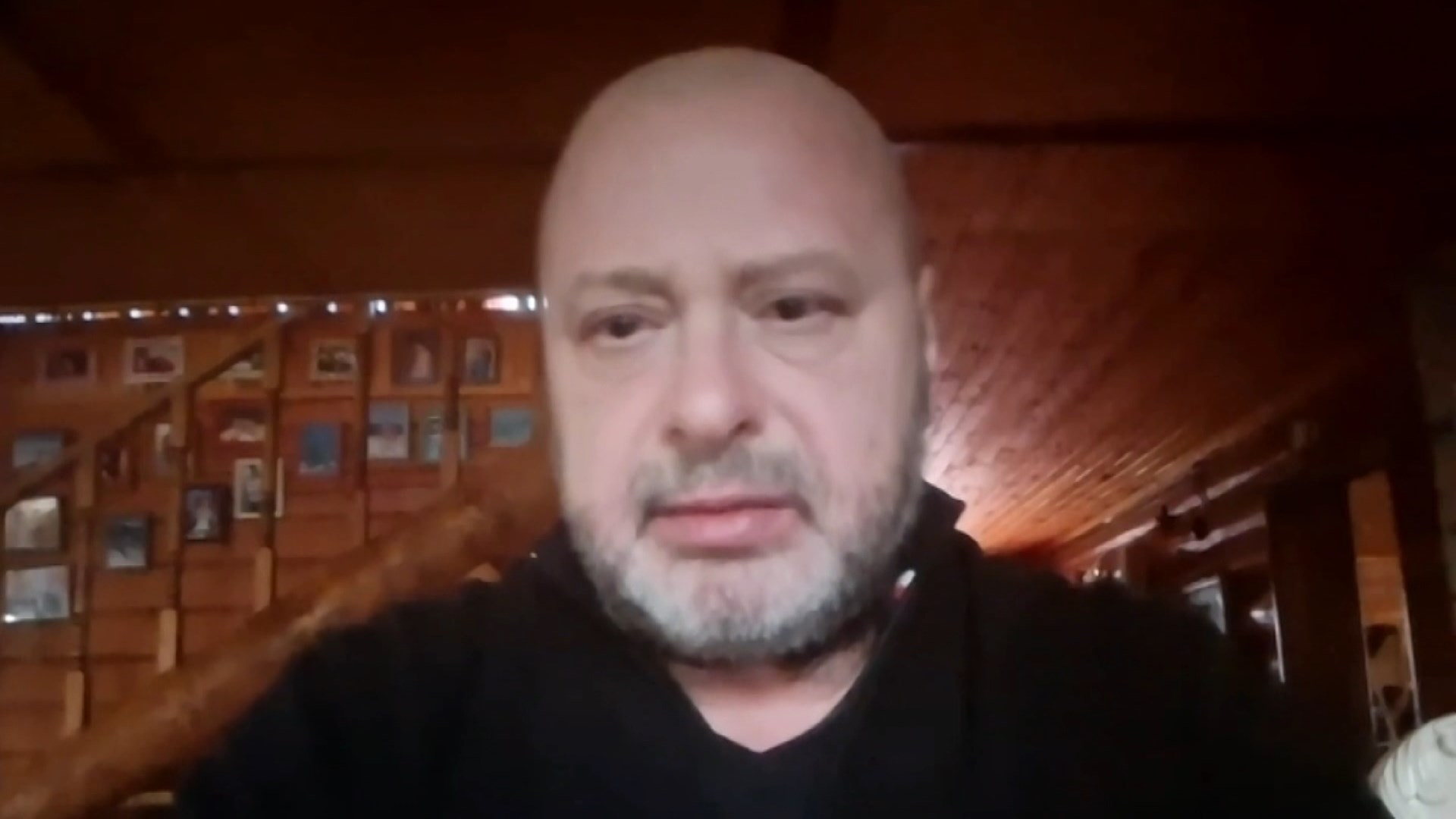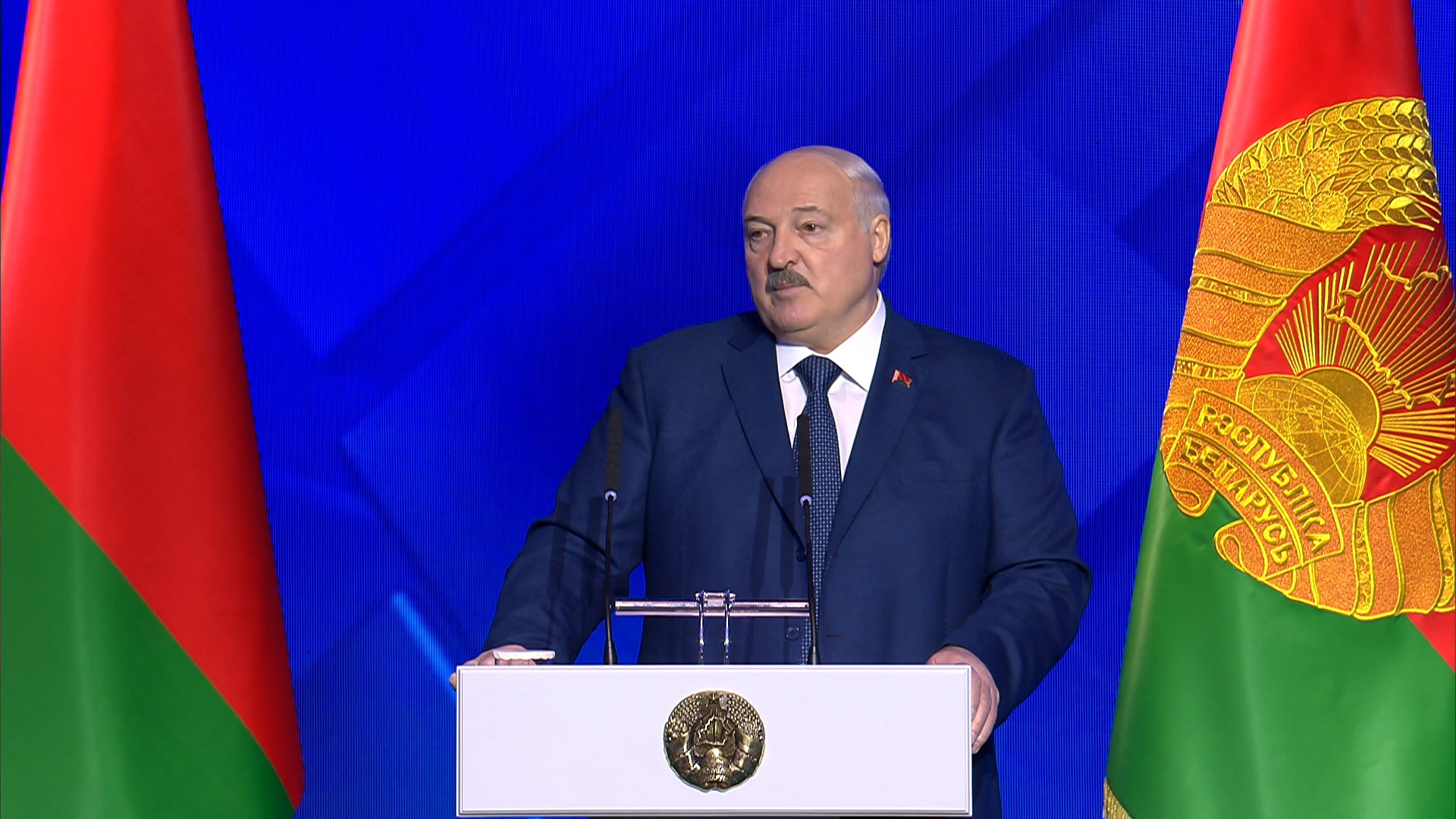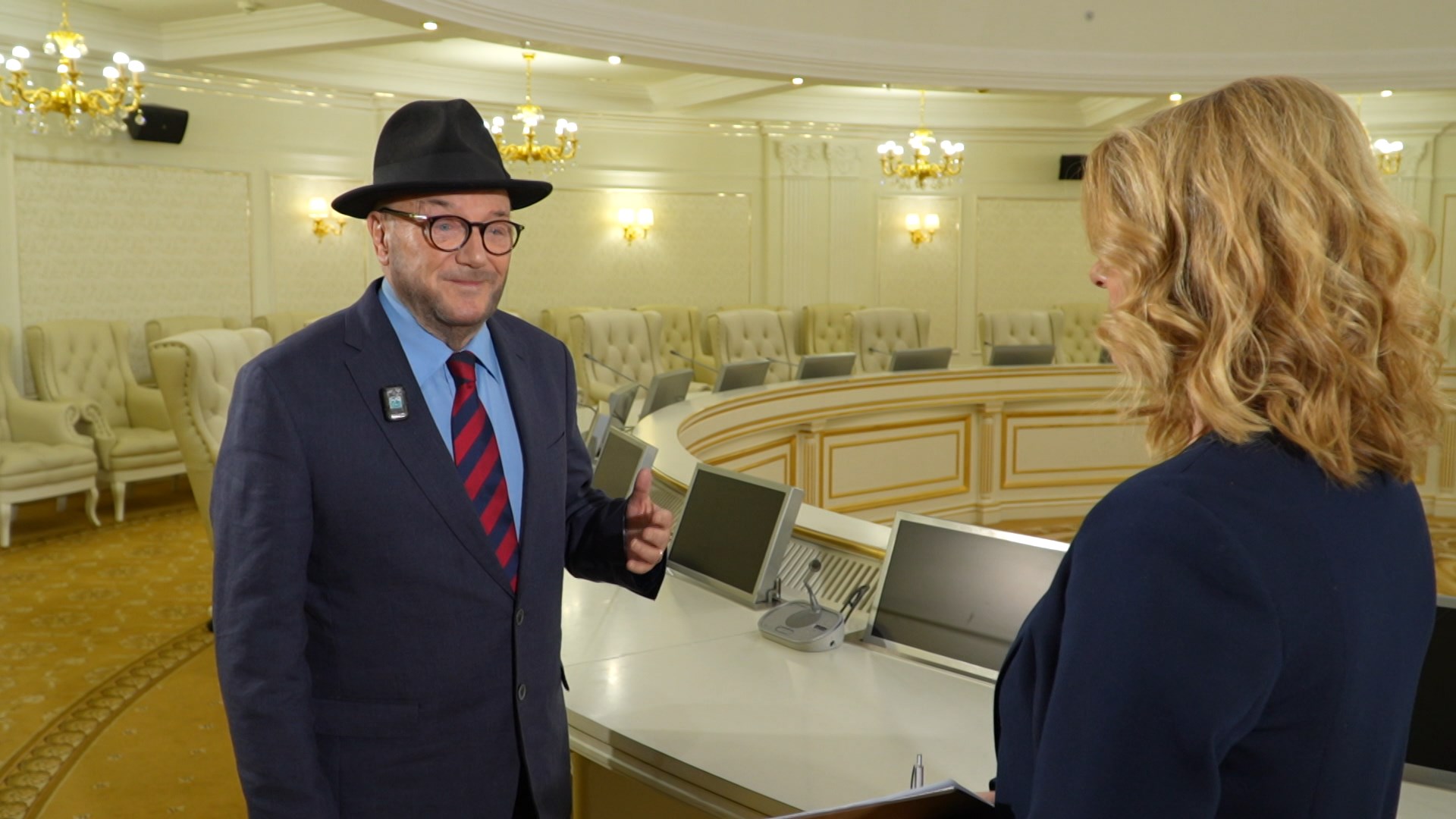3.66 BYN
2.97 BYN
3.45 BYN
III International Conference on Eurasian Security to bring together over 200 participants
Minsk is the capital of international diplomacy. Experts, analysts, and distinguished guests are currently arriving in Belarus to participate in the III International Conference on Eurasian Security. More than 200 people from 40 countries will seek an answer to one question: does peace have a chance?
In a world where familiar security boundaries are fraying and diplomatic bridges are burning faster than they can be built, Minsk is making a new attempt to put out the fire. On October 28, the capital of Belarus will host the III International Conference on Eurasian Security.
The conference has an ambitious goal: not just to mend the cracks in global stability, but to create a new, more equitable system. For this purpose, those who are not prepared to accept the role of extras in someone else's performance are gathering in Minsk – 40 countries and 7 international organizations.
Mikhail Markelov, journalist and political scientist (Russia):
"Any events within the state that are related to security issues are of colossal importance for the people who primarily live in your country – for all Belarusians. There will certainly be open topics to be discussed, and there will be closed topics. It is impossible today to discuss and build our own security by focusing solely on the development of one state."

The highlight of last year's conference was President Lukashenko's speech. The Belarusian leader emphasized how high the stakes are. This is not just a dialogue, but a search for a cure for a disease whose symptoms are the burning Ukrainian steppes, explosions in the Gaza Strip, and the chaos left by the West in Central Asia.
Alexander Lukashenko, President of Belarus:
"Security is only one link in the system of universal human values, but it is the foundation without which everything else is impossible; it would be empty. We must abandon prejudices and stereotypes and begin painstakingly building a dialogue, step by step seeking common ground and rapprochement. Let's think, as they often say in Belarus, not about ourselves. Let's think about our children and grandchildren. They will live after us, and it is crucial what we leave them, what kind of world."

And a year later, the Belarusian leader's words have become even more relevant. Hence the main theme of the conference: "Global World (Dis)Order and the Eurasian Security Conundrum."
Mikael Badalyan, board member of the ANO "Eurasia" (Armenia):
"We need to talk to each other. I would like to especially acknowledge the efforts of Alexander Lukashenko and, in particular, the Republic of Belarus as a whole, which constantly offers itself as a platform for dialogue. And I think that, in fact, today it is one of the most compromising countries, because Alexander Lukashenko, with his many years of political experience, has proven that he can conduct and model proper dialogue at the highest level."

Among the conference participants are distinguished guests: the foreign ministers of Russia and Hungary, as well as representatives of China, North Korea, India, and other countries (more than 200 participants in total). Some arrived in Minsk early.
George Galloway, leader of the British Labour Party:
"I was here during the Soviet era, this is my first visit in the post-Soviet era, and I am very impressed. I must say, Minsk is a truly wonderful European city, much more beautiful, safer, and cleaner than the vast majority of European capitals, with the exception of Moscow. I also went to a shopping mall that sold exclusively Belarusian goods, everything from refrigerators and televisions to very nice clothes. I bought my wife a new winter coat. I'm looking forward to the conference and the many outstanding speakers from around the world. The lineup is impressive."

So what is this conference, which will take over the Romashka Hotel and the President Hotel on October 28th, really about? It's about finding a new language. A language in which agreement can still be reached, even when the words "sanctions," "ultimatum," and "confrontation" have become death sentences.
The old security architecture has collapsed; Minsk offers a construction site for a new one. And it seems that this is the last lifeline for drowning world diplomacy.















